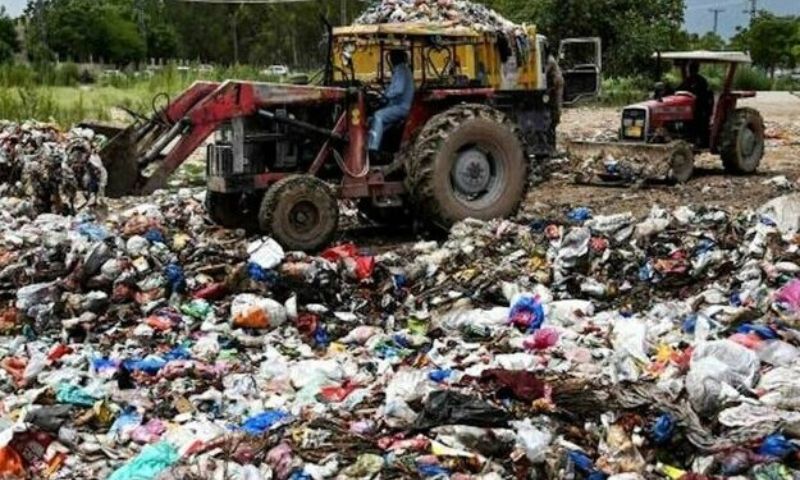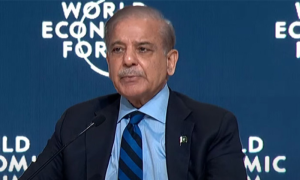UNITED NATIONS: Pakistan is taking significant steps to combat plastic pollution and enhance its waste management infrastructure, Ambassador Munir Akram announced amidst global endeavors to ensure a sustainable environment.
Under the overarching framework of the ‘Living Indus Initiative’, Pakistan intends to introduce ‘Zero Plastic Waste Cities along the Indus’ to address the pressing issue of plastic pollution, the envoy revealed at an event jointly organized by the Mission of Turkiye, the United Nations Environment Programme (UNEP), and UN-Habitat held at the UN headquarters in New York to commemorate the International Day of Zero Waste.
This day underscores the critical importance of bolstering global waste management practices and promoting sustainable consumption and production patterns.
Ambassador Akram commended the initiatives of the President of the General Assembly, Dennis Francis, and appreciated the message from Emine Erdogan, the First Lady of Turkiye, for their commendable efforts in this area.
In Pakistan, zero plastic waste cities will be established within the Indus Basin, with the initiative commencing in major cities such as Karachi, Lahore, Faisalabad, Rawalpindi, Hyderabad, Multan, Islamabad, Peshawar, and Quetta.
Addressing the global waste generation challenge, Ambassador Akram highlighted the substantial amount of waste produced annually, encompassing municipal, solid, and hazardous waste.
With a 241 million populace, Pakistan produces 30 million tons of municipal solid garbage annually, of which 10–14% is classified as hazardous trash. Furthermore, the nation receives 80,000 tons of hazardous garbage every year on average from across the globe.
In response to the hazardous waste management challenge, Pakistan formulated the National Hazardous Waste Management Policy in 2022.
Regarding plastic waste, Ambassador Akram noted that Pakistan generates 3.9 million tons of plastic waste annually, with only 25% to 30% being effectively managed. A significant portion of plastic waste, approximately 164,332 tons, finds its way into the sea each year through the Indus River system.
In light of these challenges, Pakistan eagerly anticipates the conclusion of an intergovernmental binding treaty on plastic pollution.
Ambassador Akram emphasized the importance of promoting a circular economy and highlighted the necessity of altering societal attitudes, enhancing financial resources, and deploying technology for effective waste management.
—APP

























